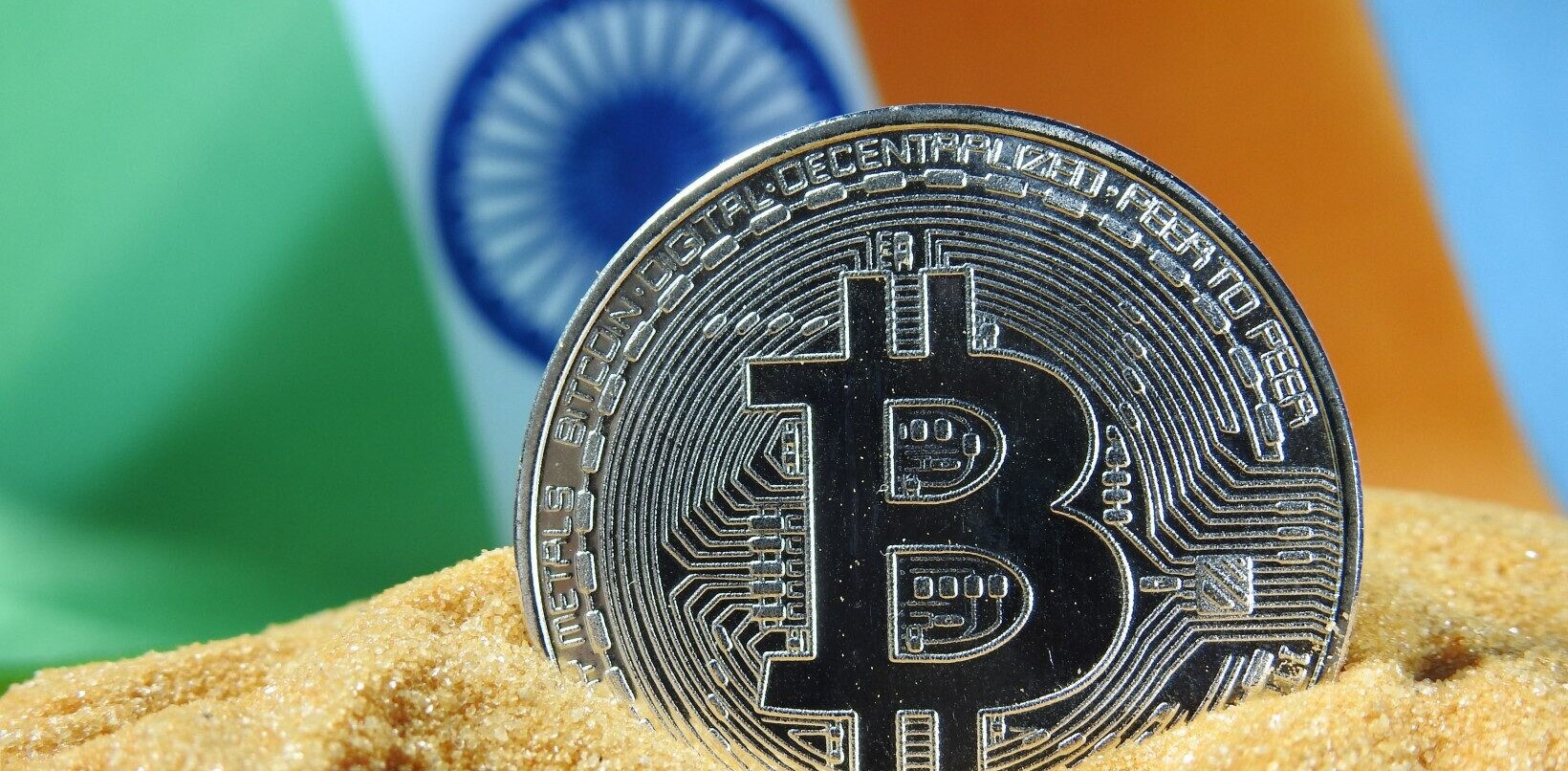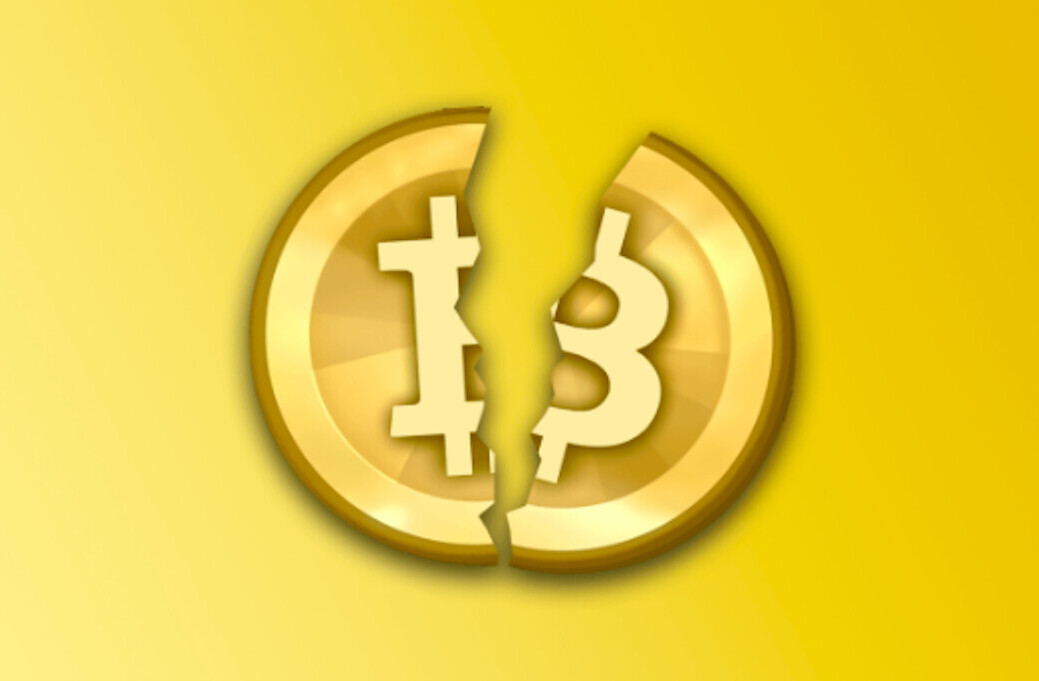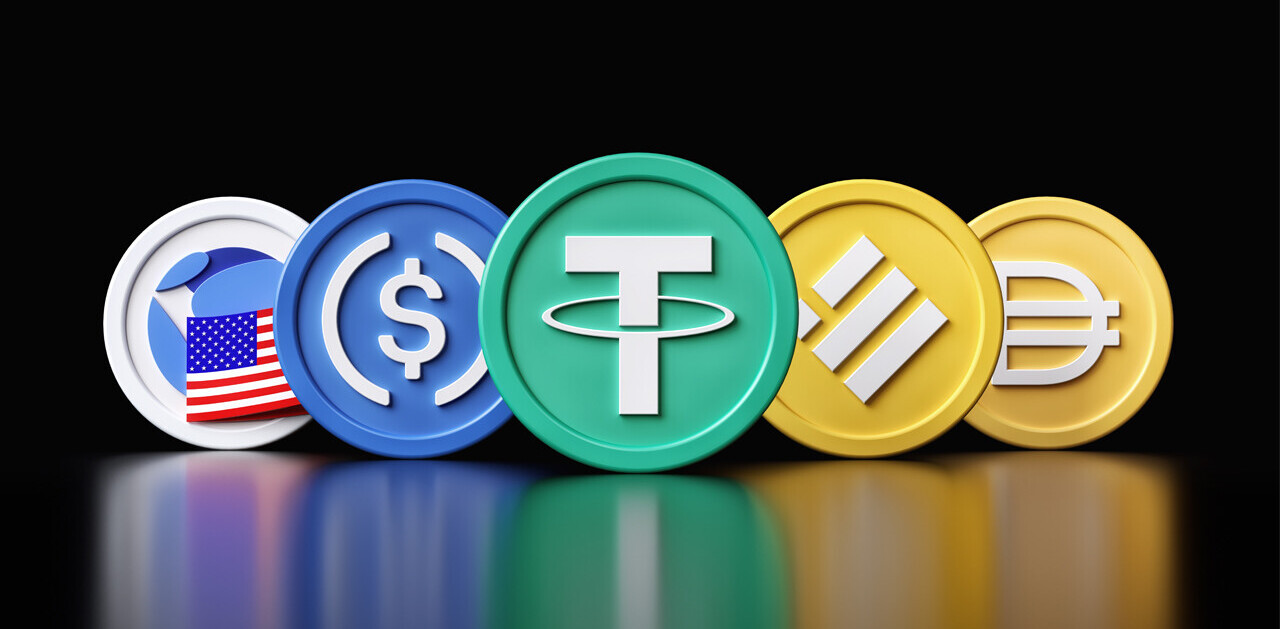
It’s the season of software comebacks. Google’s Inbox has been resurrected by a new company. The music streaming service 8tracks was reborn. And legendary media player WinAmp is being overhauled.
And the latest entrant to the pack? LimeWire. Yep, that file-sharing service where you got your MP3s in high school. Now, it’s making a comeback as a… digital collectible service in the music space?
Shockingly, there’s a crypto element to it too. Who would’ve thought?
Anyway, we’ll talk about all that later. But first, a bit of context.
A brief history of LimeWire
The 2000s were an era that saw a ton of peer-to-peer file-sharing services launching. There weren’t any streaming services around, and YouTube was fairly new, so P2P systems were a refuge for people looking to discover new music.
One of the famous names in the sector was LimeWire. Backed by popular gnutella and BitTorrent protocols, it was initially released in May 2000.

While the software was popular, it faced a lot of criticism around content piracy, breaching user privacy, and people distributing malware.
After a lengthy battle in court, the owners decided to shut down the product in 2010.
LimeWire: the comeback kid
LimeWire is set to launch a new platform for music-based digital collectibles in May.
The project is being led by brothers Julian Zehetmayr and Paul Zehetmayr. The duo has been building multiple products together for more than a decade, and they acquired the rights to the LimeWire brand in 2021.
The company plans to sign contracts with marquee artists for the initial phase, where they’ll produce and release music exclusively for LimeWire.
If you’re a fan of said artist, you can sign up, complete a simple KYC (Know Your Customer) process, and buy exclusive copies of any of their music through card, bank transfer, or cryptocurrency.
In exchange, you’ll get access to tracks, exclusive footage, interviews, artwork, and the artist community.
Where’s the NFT part?
Currently, LimeWire will only release artifacts (like an album’s artwork) on the blockchain as NFTs. All the other stuff stays on the platform.
In terms of technology, the co-CEOs said they’re partnering with “a leading blockchain,” and they’ll announce more details about it soon.
Given web3’s shaky landscape, it would’ve been good to know what tech is at the backend, so that we know the project won’t crash and burn.
How will this work for you?
Once you buy an album or a song on LimeWire, you have to stream it through the platform. All other bonus content would also live on the site. And, as mentioned, you’ll also get access to that artist’s fan community.
But — and here’s the kicker — there’s no separate Discord server or Telegram group for that. It’s all on LimeWire.
You can choose to resell your access. But, again, everything remains on the platform.
For example, if I buy album access for $50, I can choose to resell it for $200 on LimeWire. If I do that, I will lose access to both the content, and the community.
While you have access to the media, you can choose to resell stuff like cover art — that was minted on the blockchain — on other platforms. And you will have access to those even after you resell on LimeWire.
How this is going to function in reality is still unclear, so we’ll all have to wait for the platform’s launch in May. If this gets you frothing with excitement though, you can join the waitlist on LimeWire’s site.

Isn’t this all a bit complicated?
The Zehetmayr brothers said that they wanted to make this platform accessible to all. So, if you’re not into crypto and web3, you can access an artist’s content through traditional money, and enjoy the benefits of LimeWire without worrying about technicalities.
If you’re a novice, you can choose the reselling path without figuring out different kinds of wallets and blockchain.
And — if you’re into web3 — you can get into NFT owning and selling part of it. So there’s inclusion for all folks.
As a fan, it feels counterintuitive to sign up for another service. While the process sounds simple with multiple payment options, there might be a learning curve for users to gauge exactly what they’re getting out of it.
Maybe this could work for superfans (and we have to assume that’s who LimeWire is targeting), but it really depends on the artists the company can sign up.
As for the musicians themselves, this project at least requires some big names at the start, and those folks might be earning millions already.
And even though the platform will offer 90% of sale proceeds to musicians, we don’t currently know how profitable this will be for indie artists given the amount of work and exclusivity attached to the project.
Music and NFT
What is inarguable is that music-based NFT platforms are getting more popular. The core concept is more palpable than other formats of NFTs, and the value is more visible. You buy something from the artists, they get money, and you get access to content no one else has.
Artists like Quincy Jones, Whitney Houston, Doja Cat, John Legend, and AR Rahman are backing NFT-based projects. And labels such as Universal and Warner Music are also looking to dip their toes into the space.
On one level, LimeWire’s idea is a good one: making a web3-aligned product that caters to all audiences. The key point will be the caliber and number of artists it can attract to use the platform. And, of course, the level of benefits musicians get.
Still, it’s an interesting reskin of the famed file-sharing platform. Maybe this is enough to attract users who associate LimeWire with teenage nostalgia. The only difference is this time, the content they’re getting is all legal.
Get the TNW newsletter
Get the most important tech news in your inbox each week.




